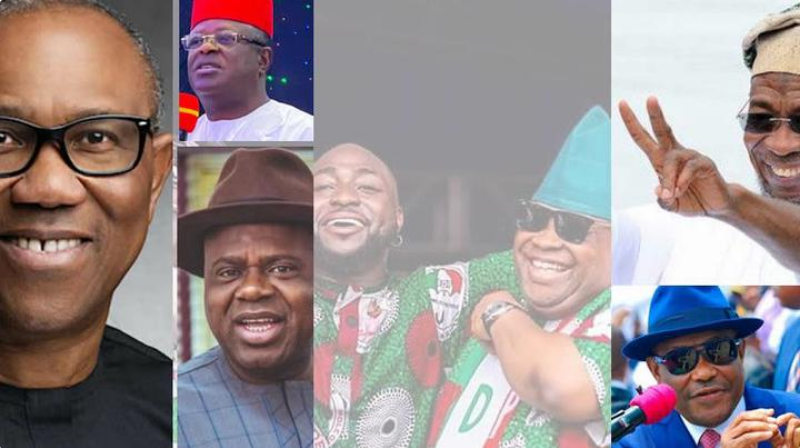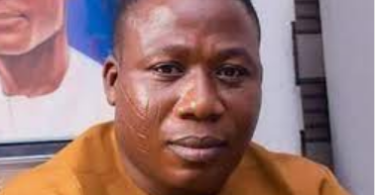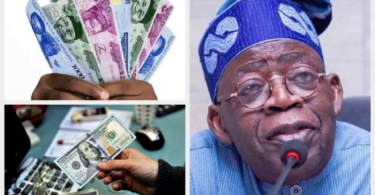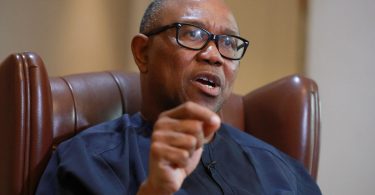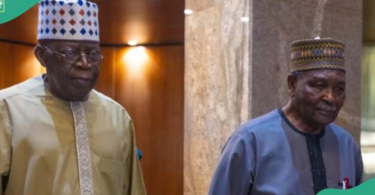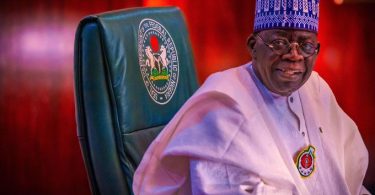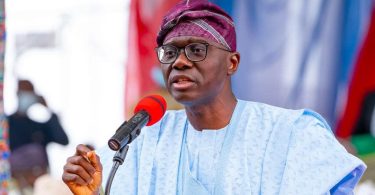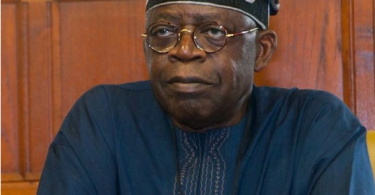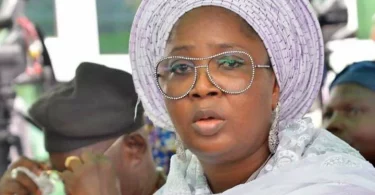Nigerian Governors that lost election tribunal but won at appeal, supreme court
Since the return of democracy in 1999, the Nigerian political space has witnessed a series of judgments delivered by election tribunals invalidating election results conducted by the electoral umpire, the Independent National Electoral Commission (INEC). These governors whose elections were upturned by the tribunal approached the appellate and supreme court in a bid to reclaim their mandate.
The judgment delivered Jan 27th by the Osun State Governorship Election Petition Tribunal sitting in Osogbo sacked Governor Ademola Adeleke as the duly elected governor of the state………Continue Reading
Recall that former governor Oyetola had filed a petition challenging the emergence of Adeleke, a former senator and member of the People’s Democratic Party as the governor of Osun state in the 2022 gubernatorial election.
The panel led by Justice Terste Kume held that the election was characterised by over-voting and was not held in compliance with Nigeria’s Electoral Act 2022, and directed that the certificate of return should instead be issued to Mr. Oyetola of the All Progressives Congress (APC).
Gov Adeleke in his response disclosed his intention to approach the appellate court for redress on the matter. However, this is one of many issues recorded over time in the nation’s elections.
List of governors that have had to approach the appellate and supreme court and their election results validated countering the judgment of election tribunals.
1) Peter Obi
In 2003, Obi contested in the Anambra State governorship election as a candidate for the All Progressives Grand Alliance (APGA) party, but his opponent, Chris Ngige of the People’s Democratic Party, was declared the winner by the Independent National Electoral Commission (INEC). Three years after, a Court of Appeal on 15 March 2006 overturned Ngige’s victory, making Obi the governor of the state on 17 March 2006.
Obi was however impeached on On 2 November 2006, by the state house of the assembly after seven months in office and was replaced the next day by Virginia Etiaba, his deputy, making her the first-ever female governor in Nigeria’s history. He challenged his impeachment and was reinstated by the Supreme Court in February 2007.
After the 2007 elections, Obi left office when he lost to Andy Uba, candidate of PDP.
He was, however, declared governor of the State, after the Supreme Court asked Andy Uba to leave office with immediate effect. The Supreme Court argued that under the constitution, a state governor’s tenure should last four years, therefore Obi should stay in power until March 2010.
2) Rauf Aregbesola
Rauf Aregbesola had his turn in the appeal court when a verdict on 26 November 2010 was delivered in his favour. The Court of Appeal sitting in Ibadan sacked Prince Olagunsoye Oyinlola as governor and declared Ogbeni Rauf Aregbesola as the winner of the 2007 governorship election in Osun State.
Aregbesola had in his petition prayed the court to cancel the elections in 10 local government areas of the state where violence and electoral malpractices marred the elections.
The court canceled results in 10 local government areas of the state because of violence and electoral malpractices. On account of that, Oyinlola’s votes plunged from 426, 669 to 172, 880 while Aregbesola’s fell from 240, 722 to 198, 799.
The Court of Appeal was the last stop for governorship cases at that time, making Oyinlola unable to appeal the decision.
3) David Umahi
Ebonyi governor, David Umahi, and his deputy, Kelechi Igwe, were sacked in March 2022 by Justice Inyang Ekwo of a Federal High Court, Abuja. The two top politicians in the state were sacked on the grounds of their defection from the Peoples Democratic Party (PDP) to the All Progressives Congress (APC).
Seven months later, the Abuja Division of the Court of Appeal vacated the High Court judgment that sacked Governor David Umahi of Ebonyi State and his Deputy, Dr. Eric Igwe, from their respective offices.
The appellate court, in a unanimous decision by a three-man panel led by Justice Haruna Tsanami, held that there is no constitutional provision for the removal of a serving governor or deputy governor that dumped the political party that sponsored them to power.
4) Nyesome Wike
The Rivers State Election Petition Tribunal in October 2015 sacked Nyesom Wike as the Governor of Rivers State in an election that took place on the 11th of April, 2015.
In December 2015, a three-man Court of Appeal panel sitting in Abuja struck out the appeal of Nyesom Wike seeking a dismissal of the judgment of the Rivers election petition tribunal which sacked him as governor of the state.
Wike’s persistence led him to the Supreme Court and in 2016, the Supreme Court upheld his victory in the April 11, 2015 governorship election. The seven-man panel at the apex court in a unanimous decision read by Justice Kudirat Kekere-Ekun, returned the embattled Wike as the valid winner of the poll as declared by the Independent National Electoral Commission, INEC.
5) Diri Duoye
The Bayelsa State Governorship Election Tribunal sitting in Abuja, in August 2020, annulled the election of Duoye Diri, governor of Bayelsa State. The election was nullified based on a petition by the Advanced Nigeria Democratic Party, which argued that it was unlawfully excluded from participating in the election.
Diri, candidate of the Peoples Democratic Party, was sworn in as governor after the Supreme Court sacked David Lyon as governor-elect 24 hours before his inauguration.
In a majority judgment delivered by Justice Yunusa Musa in the petition, the tribunal held that the Independent National Electoral Commission unlawfully excluded ANDP from the November 16, 2019 governorship election in the state.
It, therefore, ordered INEC to conduct a fresh governorship election in Bayelsa State within 90 days.
Two months later, the Court of Appeal set aside the ruling of the Bayelsa State Governorship election petition tribunal that nullified the election of Diri Duoye as the validly elected governor of Bayelsa State.
In a majority judgment delivered in Abuja on Friday, the court held that the petition by the Advanced Nigeria Democratic Party (ANDP) was statute-barred, and the tribunal had no jurisdiction to entertain the matter.

